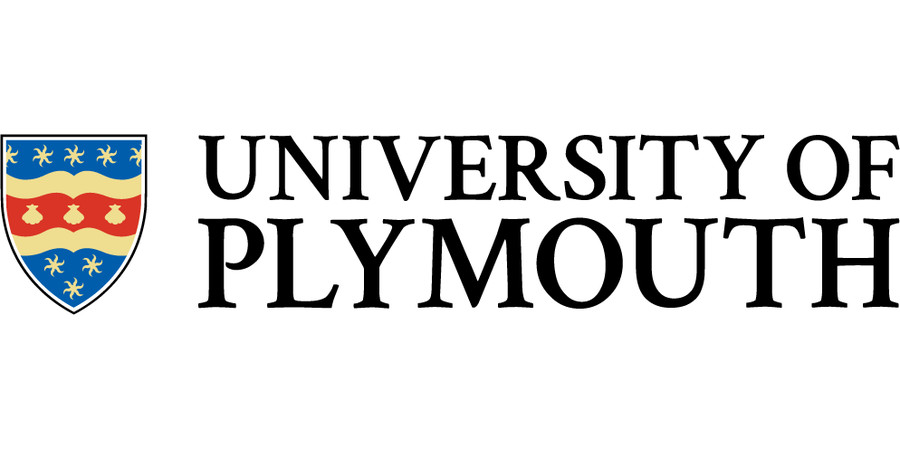PhD Studentship: Can land crabs be part of the sustainable aquarium industry?
University of Plymouth
| Qualification Type: | PhD |
|---|---|
| Location: | Devon, Plymouth |
| Funding for: | UK Students, International Students |
| Funding amount: | The studentship is supported for 3.5 years and includes a stipend from £19,237 per annum 2024-25 rate (2025-26 UKRI rate TBC) |
| Hours: | Full Time |
| Placed On: | 12th November 2024 |
|---|---|
| Closes: | 8th January 2025 |
Can land crabs be part of the sustainable aquarium industry?
DoS: Dr Lucy Turner (lucy.m.turner@plymouth.ac.uk)
2nd Supervisor: Dr Oliver Tills (oliver.tills@plymouth.ac.uk)
3rd Supervisor: Dr David Roberts, University of Kent
Applications are invited for a 3.5 years PhD studentship. The studentship will start on 01 October 2025
Project Description
Globally the tropical aquatic aquarium trade is a multi-million-dollar industry, which traditionally has comprised wild-caught individuals, although advances in captive-breeding technologies have started to change this. Land crabs are growing in popularity as aquarium/terrarium species with nearly all individuals traded wild-harvested. In recent years, a few species of anomuran crabs have been bred by hobbyists/small-scale breeders for trade through e-commerce. At the same time there have been major gains in our understanding of land crab physiology and development, and the potential for ecophysiology to inform the health of invertebrates in the tropical aquatic aquarium trade has been highlighted. This means that we now have the potential to culture healthier individuals of these species on a larger scale. This delivers the possibility that these increasingly sought-after, highly valued species will no longer need to be wild caught, significantly contributing to the long-term sustainability of wild populations, and the tropical aquatic aquarium trade. The aim of this project is to determine the conditions for captive breeding of popular ornamental crab species. Representatives of two land crab genera with different life histories and popular with hobbyists Metasesarma aubryi and Geosesarma spp. will be our model species used in this project. To do this you will (a) characterise their breeding behaviour, (b) ascertain paternity rates for captive-bred crabs, (c) follow and describe their development, (d) characterise the ontogeny of key physiological functions, namely osmo- and iono-regulation, acid-base balance and metabolism in early life stages, and (e) determine the effects of abiotic factors (temperature, salinity, acidification and/or hypoxia) on these. (f) A desk-based literature review and internet site survey will also be undertaken to assess the global trade in land crabs.
For this exciting and innovative interdisciplinary project we seek a candidate with enthusiasm for, and ideally experience of some aspect of invertebrate developmental biology and/or ecophysiology. A willingness to travel internationally is essential. The successful candidate will undertake training in data mining and analysis, animal husbandry, behavioural ecology, developmental biology and ecophysiology, as well as molecular ecology techniques.
For information on Eligibility and Funding, please click on the links below:
To apply for this position please click on the Apply button above.
Please clearly state the name of the DoS and the studentship that you are applying for at the top of your personal statement.
Please see here for a list of supporting documents to upload with your application.
For more information on the admissions process generally, please visit our How to Apply for a Research Degree webpage or contact the Doctoral College.
The closing date for applications on 8th January 2025. Shortlisted candidates will be invited for interview after the deadline. We regret that we may not be able to respond to all applications. Applicants who have not received a response within six weeks of the closing date should consider their application has been unsuccessful on this occasion.
Advert information
Type / Role:
Subject Area(s):
Location(s):









